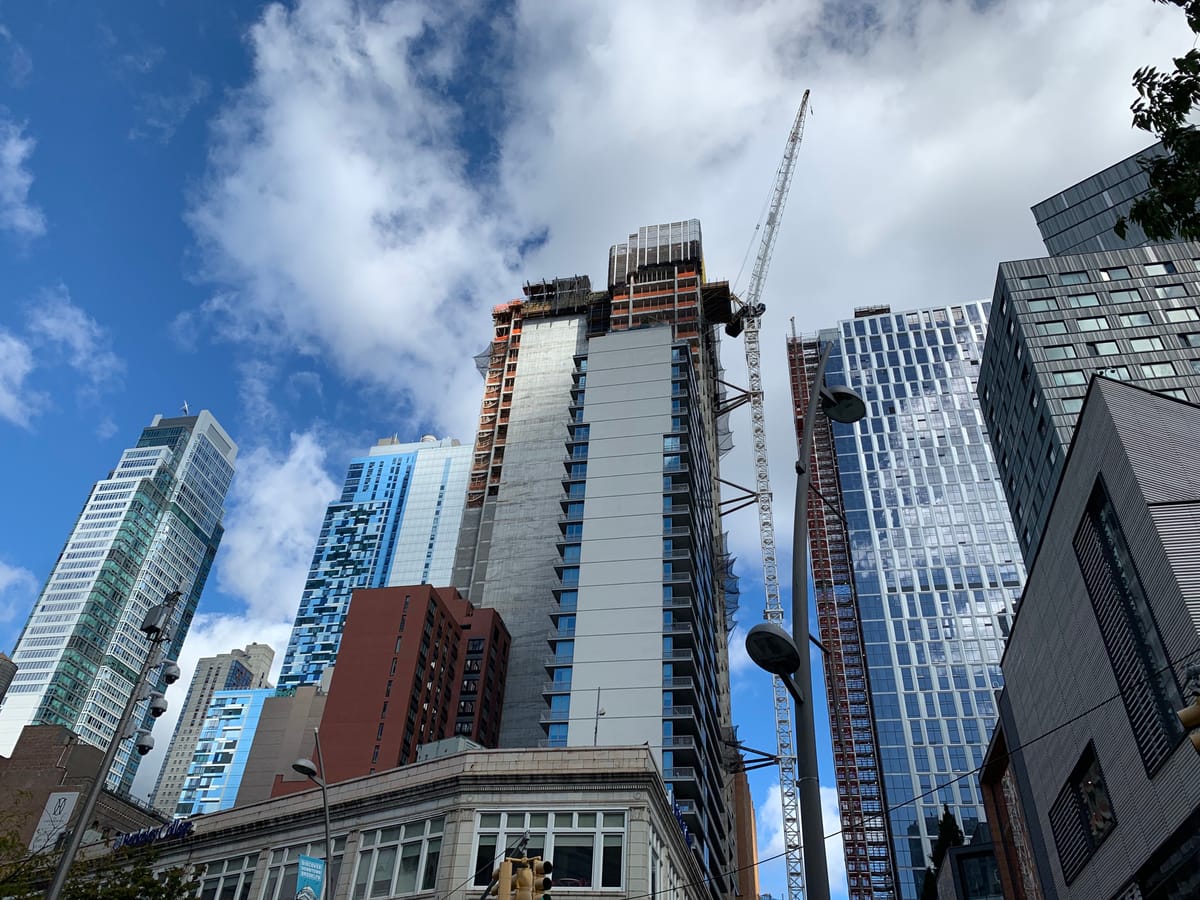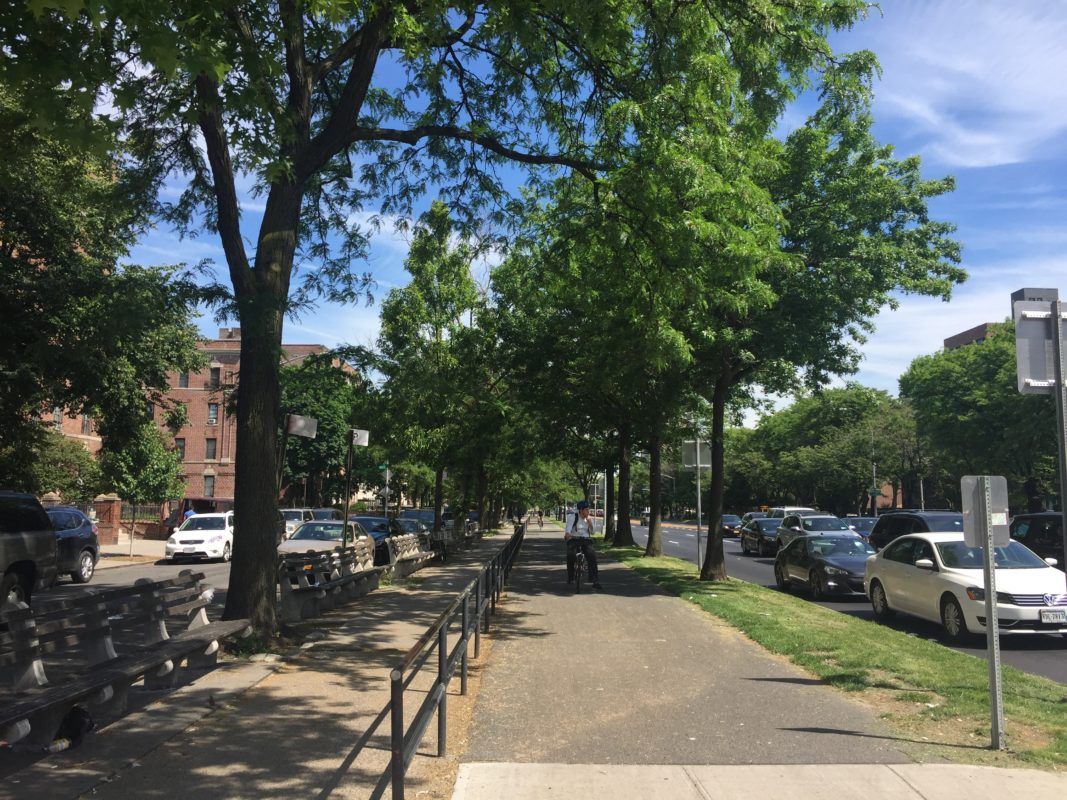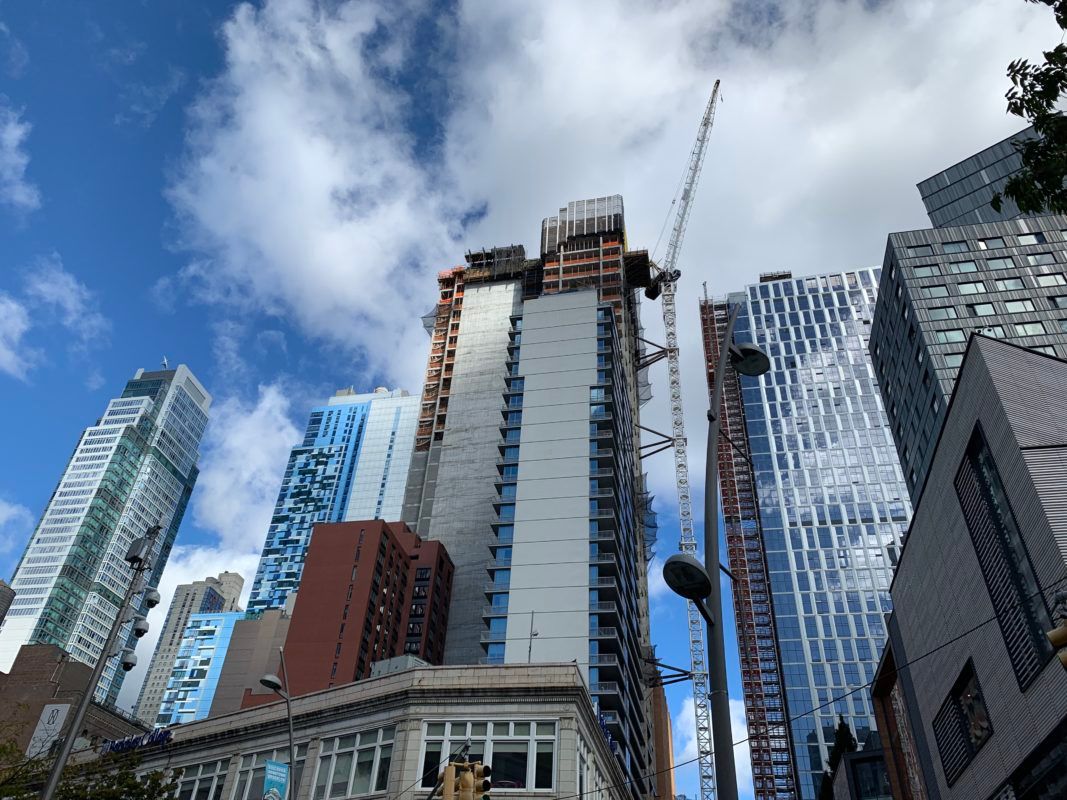Why the American Dream is Dead for Millennial New Yorkers

One of the cornerstones of our great nation since the end of World War II has been the unified dream of homeownership. It was a value strongly backed by the US government and many municipalities across the United States. Many veterans returning home were eligible for a plethora of programs that helped with mortgages, property taxes, and in some cases utility expenses. At no point in our nation’s history was housing development more prolific and homeownership more popular and attainable than it was after the war. Like most things, there were drawbacks. For one, housing discrimination was an all too common issue whether it was due to redlining, block busting, or Jim Crow. Segregation was still a big problem, but despite that, homeownership was attainable for most- if not all- middle income Americans and New Yorkers.
As with most things, nothing stays consistent in our ever-changing City and that very much includes homeownership. In my own personal experience as a 23 year old prospective NYC homeowner, I look to my father’s experiences- a product of the baby boomer generation- as a fiscal roadmap to the American Dream, something he can claim success at at a relatively young age. Not too long after my father graduated college in the early 80s, he was earning a comfortable middle class salary that was typical for a college grad at the time. Along with a collection in savings and a well-intended objective of obtaining a piece of the American pie, he purchased a one-bedroom junior four apartment in Brooklyn for $30,000, which cost a little less than double his annual salary. This led to his ability to eventually upsize with a growing family, maintain a regular annual tax reduction through the federal SALT tax deduction incentive (an incentive which is now capped at $10,000), and have a secure asset to borrow against if needed.

Today most young college graduates working in NYC usually start out making between $47,000 – $65,000 annually, which outside of NYC would be a relatively comfortable salary, but in most places within the five boroughs it’s not the case. Today that junior four one-bedroom co-op my father bought costs around $300,000, around six times the average starting salary of a college grad, and ten times more expensive than it was in the early 80s when my father first purchased his apartment. This massive disproportionate real property value increase is consistent with neighborhoods throughout NYC, from areas where it can be arguably blamed on gentrification to neighborhoods on the southern tips of the outer boroughs that have just seen consistent increases in property values due to high demand.
Despite this huge disparity in affordability, it might still be manageable if it wasn’t for the fact that the next option for most millennials is renting, and most rental units in the city are so expensive that it is incredibly difficult to save enough money to make a down payment to purchase a home. In the event that a fellow millennial has enough money to make a down payment, the monthly cost of the mortgage, along with the marginally higher tax rate on co-op and condo units in NYC, will make it incredibly difficult- if not outright impossible- to make monthly payments.
The current tax system in NYC treats co-ops and condos like for-profit apartment rental buildings instead of regular Tax Class 1 properties, which are generally owner-occupied one to three-family homes. This basically means that unlike Tax Class 1 properties, which are capped at 6% annually and 18% over five years in terms of taxable property value, co-ops and condos are not capped at all which means that the annual tax bill can go up in excess of 6% or even 10% in one year, solely based on the property value. Additionally, because co-ops and condos are treated as investment properties, they are also taxed based on the foreseeable profit margin that can be gained from that building, which has a considerable impact on the taxes charged. These factors make homeownership of even the most affordable houses here in NYC very difficult to attain and sustain.

Today the overwhelming majority of NYC residents rent, something which is frowned upon by most financial advisers due to the fact that it basically ensures that all the money that we work hard for in order to pay the rent can never be reclaimed once we pay it forward at the end of every month. For the many New Yorkers of my father’s generation and my grandparents’ generation making a middle income salary, purchasing a home here may have been a very accessible option and realistic when they were my age, but that simply isn’t the case anymore.
Beyond the American pastime of owning a home as an ideal American success story, homeownership offers a great deal more. For one thing, the sheer investment potential of a property that a family holds onto, and invests in for decades, offers a great deal of profit incentive. Unlike renting, the hard-earned income that is put into a home that is owned is seen back in the value of the property, which can be used to borrow against and eventually sell. In fact, many economists say that the most profitable investment one can make in his or her lifetime is in a home. One of the biggest advantages of homeownership is the generational financial security that it offers, essentially providing a safety net from going into outright poverty.
The City of New York, along with State and sometimes Federal stakeholders, periodically offer affordable housing options that encourage renting and not homeownership. Beyond that, in the last couple of decades, property taxes and building regulatory practices have made real property ownership incredibly difficult. We as a City must encourage homeownership in any way possible if we want to both increase quality of life through a sustainable path of financial security, and make the true American dream possible for our generation and the generations after us here in NYC.



